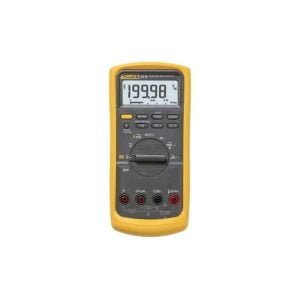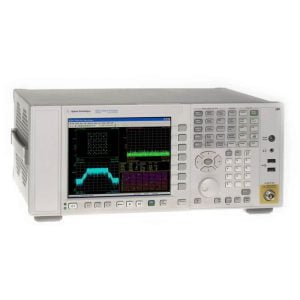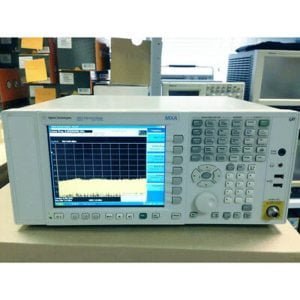Instruments & Meters
Instruments and meters are essential tools across a wide range of industries. From healthcare and engineering to meteorology and physics, these devices ensure accuracy and enhance operational efficiency.
Definition and Purpose of Instruments & Meters
Instruments and meters refer to devices used to observe, measure, and record physical quantities. They play a critical role in analyzing and monitoring various parameters, enabling precise control in industrial processes, scientific research, and daily life.
History of Instruments & Meters
The history of instruments and meters dates back to ancient times, with basic tools used to measure time, distance, and weight. Over time, these tools have evolved and diversified, fueled by technological advancements, to meet the increasing demand for accuracy and efficiency.
Key Features and Specifications
Instruments and meters come with diverse features and specifications, determined by their intended use. Common specifications include measurement range, accuracy, resolution, and response time. The choice of instrument or meter depends on the measurement task at hand.
Types of Instruments & Meters
There is a vast array of instruments and meters designed for different applications. These include electrical meters, pressure gauges, thermometers, oscilloscopes, multimeters, spectrometers, and more, each serving a unique purpose.
Leading Manufacturers of Instruments & Meters
Prominent manufacturers in the instruments and meters industry include companies like Fluke, Agilent Technologies, and Siemens. These brands are renowned for their quality, reliability, and innovation in the field.
How Instruments & Meters Work
The functioning of instruments and meters depends on their type. Generally, they operate by sensing a physical quantity and converting it into a readable form, typically a digital or analog display.
Usage and Maintenance of Instruments & Meters
Proper handling and regular maintenance of instruments and meters are vital to ensure their longevity and accuracy. This might involve routine calibration, cleaning, and storage in suitable environmental conditions.
Benefits of Instruments & Meters
Instruments and meters offer several advantages such as enhancing precision, improving efficiency, enabling control in processes, and facilitating data collection and analysis.
Pricing Range
The price of instruments and meters can vary widely, depending on their type, precision, brand, and features. Simple meters can cost a few dollars, while high-end analytical instruments may run into thousands of dollars.
Trustworthy Sources for Instruments & Meters Information
For reliable information about instruments and meters, consider checking reputable scientific journals, manufacturers’ websites, or technical standard organizations like ISO (International Organization for Standardization).
Frequently Asked Questions
- What are instruments and meters used for?
- How do instruments and meters work?
- What are the different types of instruments and meters?
- How do I maintain my instruments and meters for optimal performance?
- Which brands are reliable for instruments and meters?
- What is the price range for instruments and meters?
- What factors should I consider when buying an instrument or meter?
- How have instruments and meters evolved over time?
- Where can I find reliable information about instruments and meters?
- Why are instruments and meters important in my industry?








